United States: The hazards of hearing loss due to extreme sound levels at concerts have been highlighted by experts for years. However, emerging research now indicates that these risks extend to video gaming as well.
This groundbreaking study, which compiled data from 14 separate analyses and involved nearly 54,000 participants globally — both adults and children — reveals that average sound levels during gaming frequently hover near or exceed recommended safety limits. The research underscores an intensified risk for those who engage in prolonged gaming sessions, amplifying the potential for hearing damage over time, according to CNN Health.
Additionally, the study found that “avid gamers are more likely to report issues such as tinnitus, high-frequency hearing impairment, and self-acknowledged auditory challenges,” as explained by Dr Lauren Dillard, an audiologist and epidemiologist who led the research published in BMJ Public Health. Dr Dillard noted that individuals dedicating longer hours to gaming are more susceptible to symptoms of tinnitus and hearing deterioration.
Tinnitus, commonly described as a persistent sensation of ringing, buzzing, or roaring in one or both ears, impacts approximately 10 percent to 25 percent of adults globally.
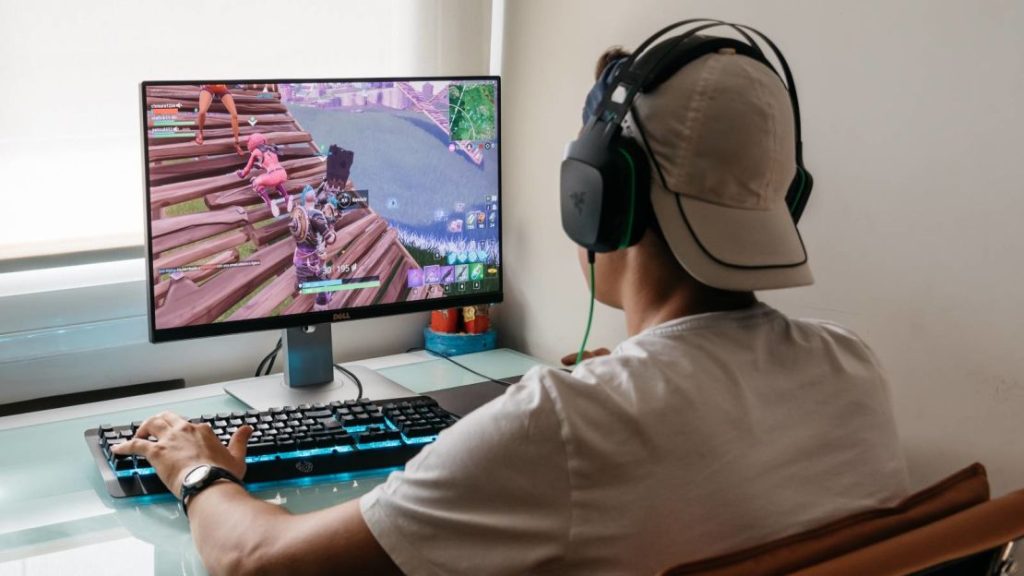
Given gaming’s immense popularity, the study’s authors were prompted to explore any potential association between video gaming and auditory health, particularly as games often feature sudden, high-decibel sounds like gunfire or roaring engines. The widespread use of headphones, which places intense sound levels directly against the ears, only exacerbates this concern, especially in settings where players elevate volume levels to block out background noise, as mentioned by CNN Health.
“This study serves as a clarion call, shedding light on the underacknowledged issue of sound-induced hearing impairment among today’s youth,” commented Dr De Wet Swanepoel, a speech and audiology professor at the University of Pretoria, who was not involved in the research.
According to Swanepoel, who is also associated with the University of Colorado School of Medicine, “The WHO estimates that over a billion young individuals globally are at risk of hearing impairment due to unsafe listening practices. This study marks an essential step toward understanding hearing health risks within modern digital habits.”
Defining Safe Sound Thresholds
Exposure to intense sound can lead to fatigue in the sensory cells of the ear, explained Dr Dillard, a consultant for the World Health Organization. “This cellular fatigue can result in temporary hearing loss or a ringing sensation,” she said, adding that while the ear may recover in some cases, regular exposure to high sound levels could culminate in irreversible hearing damage.
The study focuses on noise exposure limits set by the International Telecommunication Union in collaboration with the WHO, which recommends keeping sound intensity at or below 80 decibels for a maximum of 40 hours weekly. This level of sound is comparable to that of urban traffic or motorized lawn equipment, according to the CDC, according to CNN Health.
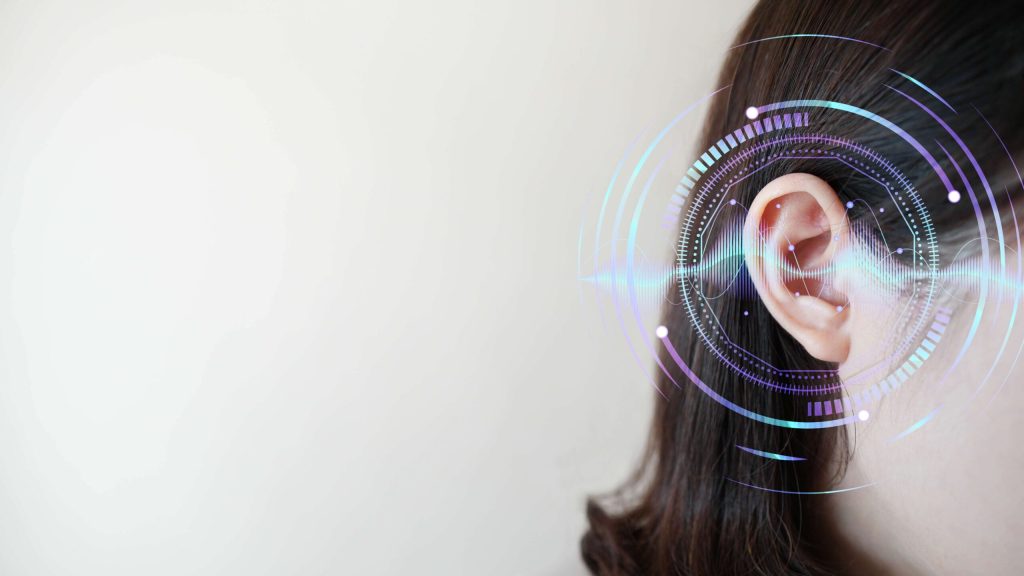

Sound exposure operates on a “time-intensity trade-off,” meaning that as sound intensity increases, the permissible listening duration decreases. For every 3-decibel increase above 80 decibels, the safe listening time is effectively halved. Consequently, exposure to sound levels of 83 decibels should be limited to 20 hours per week to mitigate risk.
For younger individuals, the threshold is even more stringent, capped at 75 decibels for 40 hours per week. For example, a sound level of 83 decibels is deemed safe for roughly 6.5 hours, while a sound of 98 decibels — similar to that of a motorcycle or an approaching train — should not exceed 12 minutes of weekly exposure.
Practicing Sound-Safe Gaming Habits
Though gaming is a beloved pastime and a powerful stress reliever for many, the irreversible nature of hearing damage necessitates preventive measures. Exposure to intense sound levels during childhood could heighten the risk of hearing issues later in life, reinforcing the importance of monitoring sound levels.
“When possible, take note of the sound levels you’re exposed to,” Dr Dillard advised, as reported by CNN.
Certain smartphones offer features that allow users to monitor decibel levels from their speakers or headphones, according to Dr Janet Choi of the University of Southern California’s Keck School of Medicine. Apps also exist that can gauge the sound intensity in a player’s surroundings.
For those without access to precise sound measurement tools, a general rule is to set game volume no higher than 60% of the device’s maximum output. Additionally, using well-fitting headphones that minimize ambient noise can reduce the temptation to increase volume levels.
Regular breaks are equally important to allow the ears to rest and recover. Individuals should also be mindful of changes in their hearing. “Signs of potential hearing loss include experiencing tinnitus, difficulty perceiving high-pitched sounds, or challenges following conversations,” noted Dr Dillard, according to CNN.
Those who notice symptoms of hearing changes should consider consulting with an audiologist. For those without access to specialists, validated hearing-monitoring apps like hearWHO offer an alternative means to assess auditory health.
Starting safe listening practices early is vital, according to Dr Swanepoel, who stresses the importance of preserving one’s hearing.
“By taking preventive steps, you’ll be able to savor all of life’s auditory experiences for many years to come,” he remarked. “It’s not only about preventing loss; it’s about safeguarding the richness of the sounds around us.”


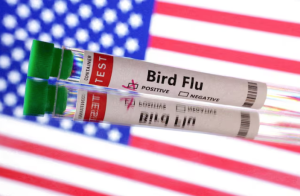




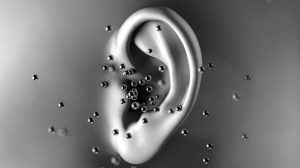
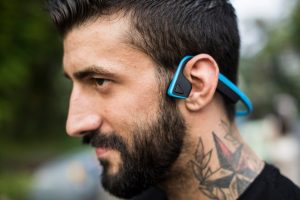
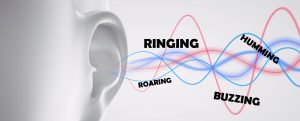

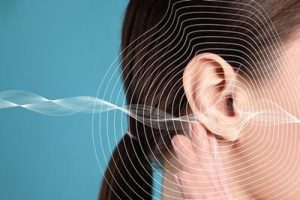
Be First to Comment